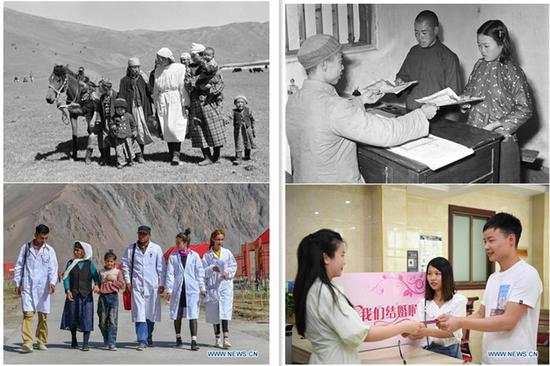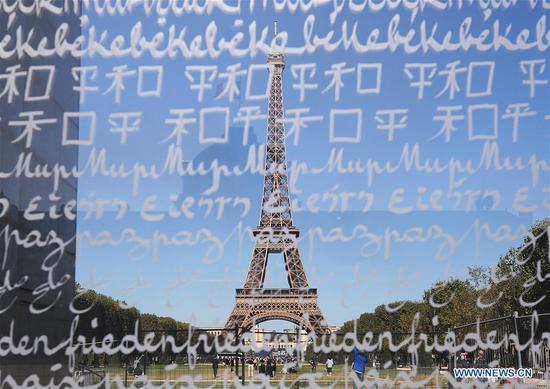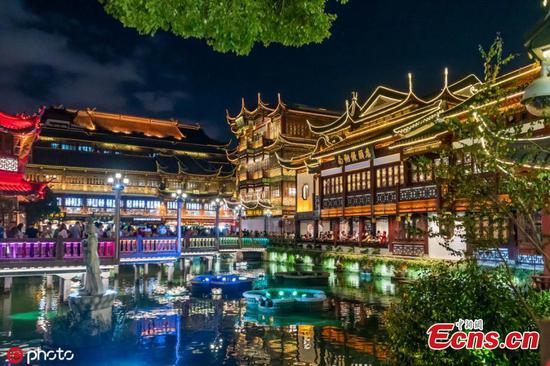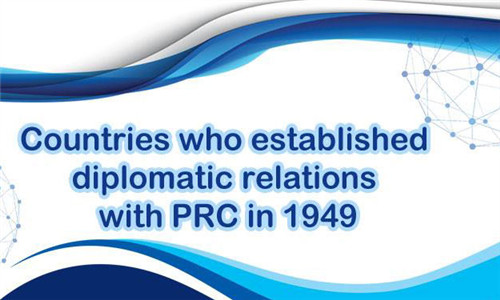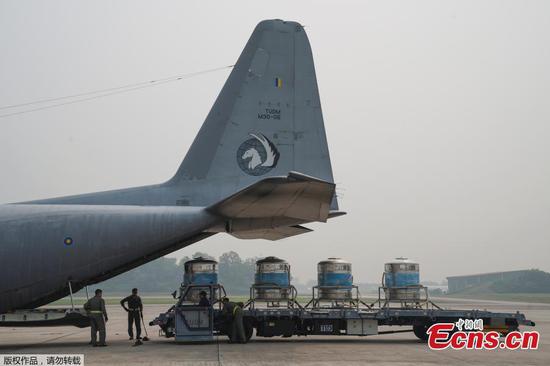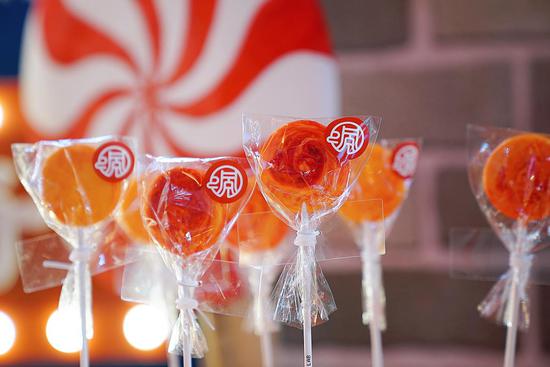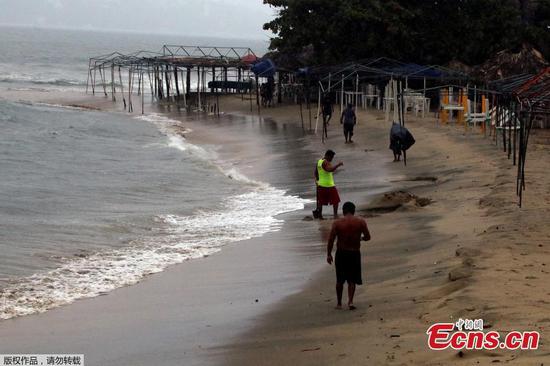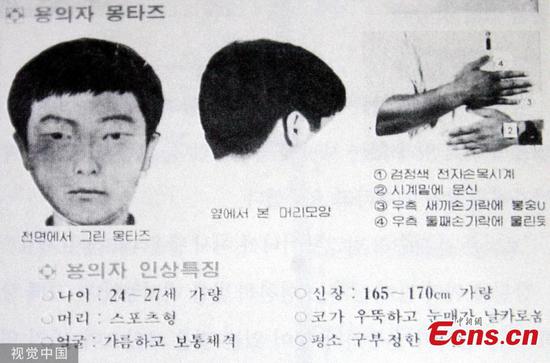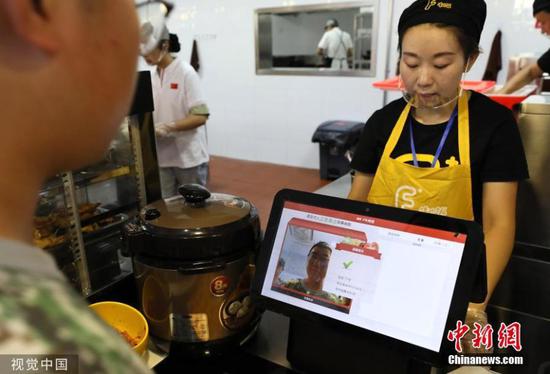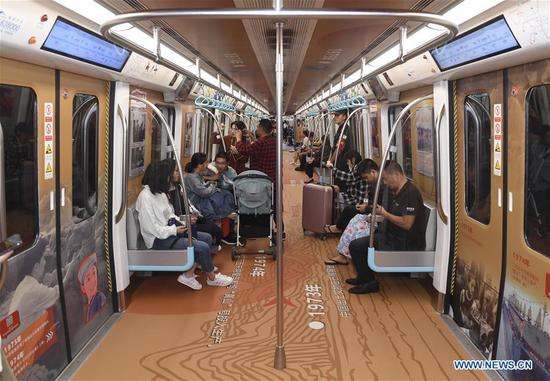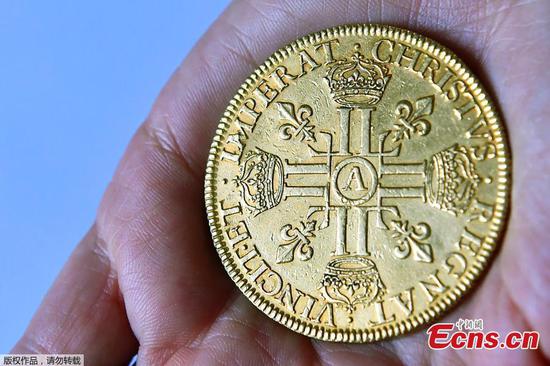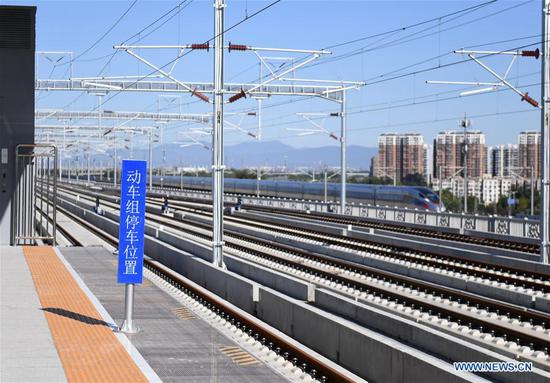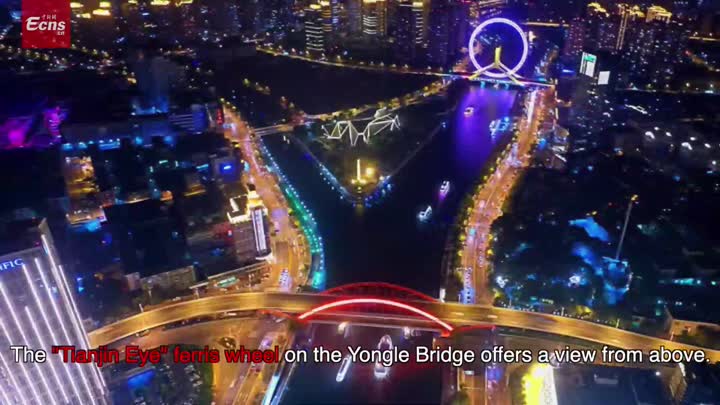
Limited opportunity
From 1978 to the late 1980s, the first decade of the Reform and Opening-up Policy, overseas tourism was in its infancy in China, according to Zou Qingling, director of outbound tourism at Lvmama, an online travel agency headquartered in Shanghai.
"Back then, the majority of outbound journeys were business trips or government visits. People who wanted to make personal visits overseas had to apply for single-trip passes, while the destinations were limited to Hong Kong and Macao," she said.
From 1983, travelers from the Chinese mainland were allowed to make individual trips to the cities.
She added that outbound tourist products became more accessible to the average person in the early 1990s, thanks to the easing of the passport policy.
"The destinations then were mainly countries and regions nearby, such as Thailand, Malaysia and Singapore," she said.
"However, there was still a shortage of agencies qualified to offer outbound travel services. For example, there were only five in Shanghai. It was a good start, though."
Dai Bin, president of the China Tourism Academy, said the average citizen had little interest in outbound tourism in the early 1990s because of limited vacation time, low incomes and a lack of travel services.
"At the time, we were the ones who offered travel services to inbound tourists rather than enjoying those services ourselves," he said.
Gao Zhiquan, a former tour guide for China CYTS Tours and the company's vice-president since 2008, is impressed by the huge changes the country's tourism sector-especially outbound-has undergone in the past 20-plus years.
"I served as a tour guide for foreign guests in 1990, after I graduated from Pyongyang University of Construction and Building Materials in the Democratic People's Republic of Korea," he said.
"A tour guide who could speak a foreign language was quite a rarity back then.
"In the 1990s, tourism facilities in China lagged behind those in other countries, and we tour guides experienced things that would be inconceivable to the younger generation," he said.
"For example, we couldn't be sure if our flight would leave until the actual day we departed."
According to Zou, from Lvmama, the nation's outbound tourism sector experienced high-speed development from the late 1990s to 2005.
"Take Shanghai as an example-the number of agencies qualified to arrange outbound travel services rose to 32 from a mere five in the early 1990s," she said.
"The prime time arrived in 2006. The most remarkable thing was that ocean cruises hit the domestic market in July 2006. It was a sign that travelers had started seeking leisure in their outbound visits."












